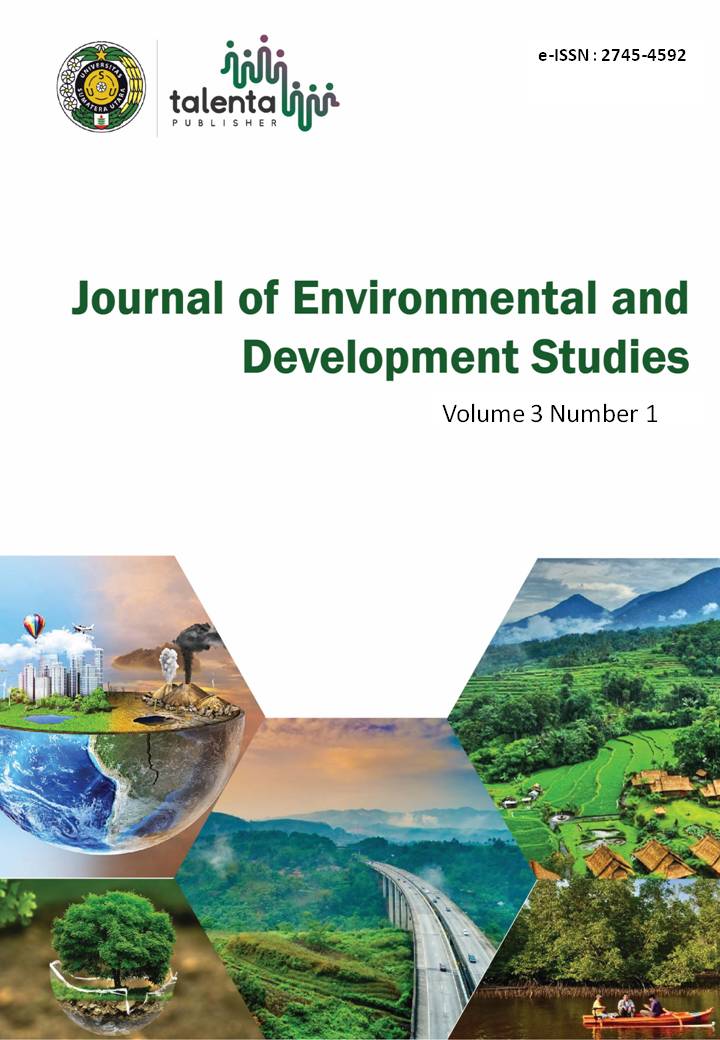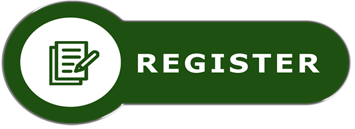Licensing for Hazardous and Toxic Waste Management: A Study on Environmental Administrative Law (Case Study: Court Judgment Number 1872/PID.B/:H/2015 /PN.LBP)
DOI:
https://doi.org/10.32734/jeds.v3i1.7824Keywords:
Administrative Law, Hazardous and Toxic Waste, LicensingAbstract
The implementation of the new regulations, Law of the Republic Republic of Indonesia No. 32 of 2009, Law of the Republic of Indonesia No. 11 of 2020, and the Government Regulation of the Republic of Indonesia No. 22 of 2021 has an impact on the regulations and regulatory mechanisms for licensing the Management of Toxic Hazardous Waste, particularly the Collection of hazardous waste. The One-Stop Integrated Investment and Licensing Service of Sumatera Utara Province are responsible for issuing this licensing. Following the issuance of the license, the relevant agencies need to monitor it to avoid violation as in Court Decision Number 1872/PID.B/:H/2015/PN.LBP. The research uses normative juridical, which refers to applicable laws and regulations covering legal principles, legal history, and legal comparisons. This study uses interviews with related parties and secondary data from analyzing decision-making and literature reviews to collect data. The study shows that the simplification of laws and licensing processes with Law No. 11 of 2020 alters numerous provisions in Law No. 32 of 2009. The alteration requires the investors to submit a license via the Online Single Submission Risk-Based Approach (OSS-RBA). Second, criminal law enforcement should be considered the final action in the event of a violation of the management of toxic, hazardous materials waste. Third, supervision for the company's toxic, hazardous materials waste collection should be both direct and indirect to reduce the number of violations in managing toxic, hazardous materials waste.
Downloads
Downloads
Published
Issue
Section
License
Copyright (c) 2022 Journal of Environmental and Development Studies

This work is licensed under a Creative Commons Attribution-ShareAlike 4.0 International License.














